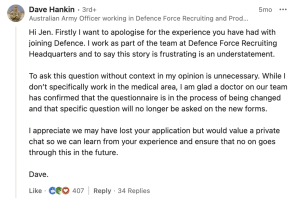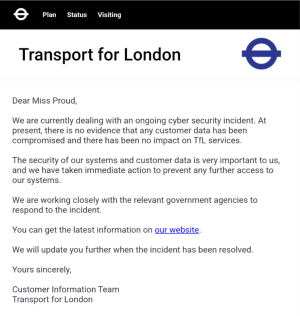Menu
In 2024, organizations across the globe faced a variety of crises—from natural disasters to cyberattacks. Each response revealed valuable lessons in crisis communication. Below, we explore 10 standout strategies that defined effective crisis management this year.
When two hurricanes struck the southeastern U.S., misinformation spread rapidly online. The U.S. Federal Emergency Management Agency (FEMA) tackled this by launching a dedicated rumor-response page and issuing factual updates. This proactive approach shows the importance of combating misinformation to maintain trust.
Mattel utilized the CAP messaging formula after an error in their Wicked doll packaging. Their statement expressed concern, detailed corrective actions, and provided perspective to reassure stakeholders. This empathetic, structured response underscores the effectiveness of CAP in building trust.
Verizon faced a widespread outage but quickly issued a holding statement on social media within the hour of outages reaching their peak. By promptly acknowledging the issue, they reassured customers that they were addressing the problem. This underscores the importance of swift communication in managing public expectations.
After severe flooding devastated parts of Pennsylvania, local officials used humor to capture attention and get important safety information across. The post may have brought in the views, but they also made sure to share official resources in the comments.
The City of Alvarado, Texas, connected with its audience through the #FixTheDangRoads campaign, addressing frustrations over infrastructure issues. By using familiar language and popular hashtags, they gained community trust and increased message reach.
The British Army responded to an incident involving spooked cavalry horses with a video employing the CAP framework. The video proved an effective medium to convey urgency and clarity, while using the algorithm to their advantage to extend the message’s reach.
The Australian Army used employee advocates to address criticism around the recruitment of women. These internal voices humanized the organization, showing that trusted workforce members can enhance public credibility during crises.

London Transport excelled in proactive communication during a cyber incident in September, sending real-time emails to assure customers their data was safe. This transparency reinforced trust, emphasizing the importance of clear, timely updates.

Corporations, like McDonald’s, increasingly turned to paid advertising on social media to manage reputation following a crisis. This ensured messages reached broader audiences, showcasing a commitment to transparency while maintaining control over the narrative.
After a tragic mid-flight incident, Singapore Airlines prioritized transparent communication by sharing regular, time-stamped updates, primarily on Facebook. As Singapore's second most popular social media platform, Facebook proved instrumental in reaching and engaging their target audience effectively.
Successful crisis responses in 2024 prioritized empathy, timely communication, and proactive measures. By adopting these strategies, organizations can navigate challenges more effectively while preserving trust and reputation.